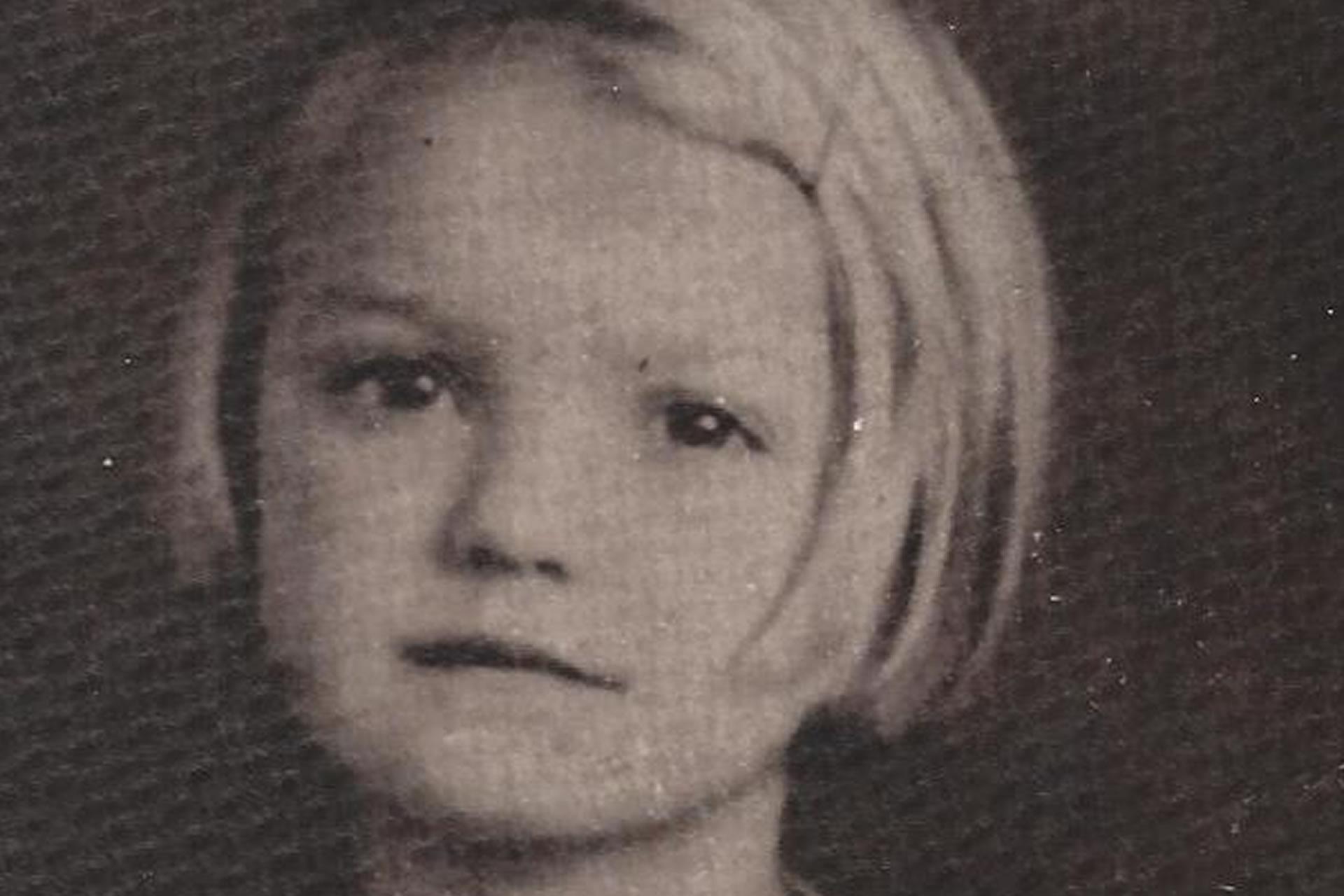Polly’s Christmas Tree
“Diane, don’t worry about a Christmas tree. We’ll have one up before Santa gets here. You just think about getting well.” She reassured, “I know you want a tree; just like I did when I was a kid. All my trees came from Aunt Mae’s Christmas tree farm; I’d pick it out. She’d send Uncle Tom to pick me up. I was packed soon as school was out for the holiday. I sat every day light hour on the porch steps waiting. Never knew when he’d come, except it was when he needed supplies in Tucker. Never missed a year. He’d pull up and say, ‘you ready?’ Then we’d leave Old Norcross Road and ease out of Tucker toward Stone Mountain, the wagon pulled by two horses.”
“Horses?”
“Some had cars, some didn’t. Down a dirt road we went, trees thick on both sides. I passed time identifying trees. Easy during summer when the leaves were out, not so easy in winter. If I got one wrong, Uncle Tom grunted. When his ears tired, he’d say: ‘Polly, if you listen, you could hear the mountain sing and the trees clap.’”
“What kind of trees clap?” I asked my mother.
“Don’t know, but I saw plenty trees, Georgia trees: poplar, sycamore, maples, hickory, holly, black walnut, sweet gum and dogwood – all stripped down bare except for the pines, cedars and magnolias. The oaks were easy to spot, ‘cause the dead leaves clung on until spring. The horse trot made sounds like coconut shells keeping time to a tune. I could hardly wait to see Aunt Mae and the mountain.”
“The mountain that sang?”
“Never heard the mountain sing, but it sorta spoke to me one day.”
“How?”
“I’m gonna tell you. Now close your eyes and rest.”
Mama continued, “The clip clop of the horse hooves was mesmerizing; Uncle Tom nodded off from time to time. The horses walked so slow, sometimes I thought I was the only one awake – which was a little spooky.”
“Spooky how?”
“The trees made unexpected cracking sounds, the sun cast shadows, and the wind made odd sounds. Even when awake, Uncle Tom wasn’t much of a talker; curious sort he was. Once we saw smoke rising high in the sky. He said, ‘Look there, Polly, smoke rise. Must be a hunter. The Cherokee used to hunt here. Only way folks knew they were here was to see their smoke rise. A common sight back in the day, but not now.’”
“Why not now?”
“Some things could not be,” he’d say (his answer for most everything).
“I asked Uncle Tom, when did the Indians leave? Where’d they go to school? He clicked to the horses and turned left near the Rosser farm, then clicked again and turned right back toward the mountain. We passed the place where they made sorghum syrup before he finally spoke.”
“Huntin’ grounds for the Cherokee, they just passed through. They used the mountain top as a look-out. They’d see you, but you’d never see them. All’s left of ‘em is their spirit.”
“Mama, did you ever see any Cherokees in the woods?”
“Not a one, Diane, you know I’m not that old,” she chuckled. “But believe you me, when we went through the woods in that open wagon, my eyes were peeled and my ears were listening hard. Once in a while I’d see a rabbit, deer, or fox. And then again, I’d hear a crow call or birds singing. Shadows made me feel like someone was watching. I felt edgy about maybe seeing an Indian, but not really afraid, because Uncle Tom liked them. He seemed a little miffed that they were gone. And then I saw Christmas trees – white pines – bluish green trees, in perfectly straight rows. Uncle Tom handed the reins to me.”
“You drove the horses?”
“Well, at that point, the horses took themselves home. And there waiting for me on the front porch of that old house was Mae Moon. She was a tall thin woman who balled her hair up. She never had children, for some reason she sorta claimed me. As long as I can remember, Aunt Mae seemed up in years, even when her hair was black.” Mama went back to her story. “I couldn’t wait to get my Christmas tree, but Aunt Mae insisted on order. First, warm by the fire, than get something to eat. And there were Christmas cookies to make; Gingerbread men and the Snowball family made of popcorn balls. They had to be decorated and boxed for me to take home. On about the third day, Aunt Mae wrapped her head in a woolen scarf and I knew it was the moment I’d been waiting for, walking the Christmas tree farm. She’d already looked over the trees and tied a red ribbon on about five likely candidates. I always wanted a big tree, but she’d laugh and said – ‘that tree won’t fit inside your house! Wade and Lois will have to cut a hole in the roof!’ I examined each tree closely. Not quick to make up my mind – then it began to snow; the snowflakes fell hard. Finally, without a word, I gave the nod of approval. Slowly, we examined the tree; neither cared about the cold nor the wind nor the snow. Aunt Mae took a remnant of an old sheet – and tied it into a big bow – that way Uncle Tom would know which tree to cut. Her raised voice sounded like an echo through the wind.”
“Polly, that wind is coming off the mountain,” she said as she tightened my scarf. “This is a special tree. Will you look at that,” she mused, a nest with two robin eggs blue, no prettier color in the whole world.”
“The tree was a special gift, although I wished the eggs had hatched, but for some reason, it could not be. Then strangely, I felt someone watching from afar. I gazed up at the mountain top, but saw no movement. Almost positive someone was there, I studied the crest. Nothing. I hoped a Cherokee was there watching, admiring my Christmas tree – finely decorated with a genuine bird’s nest, robin eggs blue, a red ribbon, and Aunt Mae’s white sheet bow blowing in the wind, all topped off with new fallen snow.”
Mama paused a moment, her big brown eyes far away, she smiled. “Yes, that day I heard the mountain sing. I sensed the Great Spirit of the Cherokee. I really hoped they could see me, me and my Aunt Mae Moon.”
In 1931, Helen Voyles was born in Nicholson, Georgia, but lived most of her life in Tucker, Georgia, in the shadow of Stone Mountain. She was “Polly” to near and dear ones who knew her as a cotton-topped child. She loved a good book and reminiscing about childhood. I learned that the dirt road from Tucker to Stone Mountain was named after an Atlanta attorney, Hugh Howell. The Christmas tree farm was located on Old Tucker Road. The Moon’s farm became part of a development called, Smoke Rise. I also learned to refer to Indians as: Native Americans, because they came first. Every time I drive down Hugh Howell Road or hike the Cherokee Trail, I too feel the presence of a Great Spirit: Little Polly Voyles.
The mountains and the hills shall break forth into singing before you,
And all the trees of the field shall clap their hands. ~Isaiah 55:12

